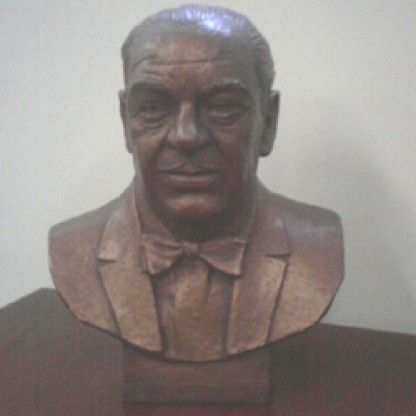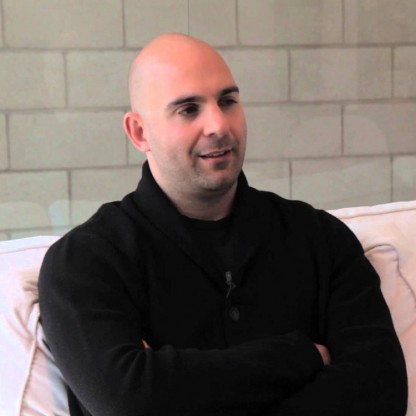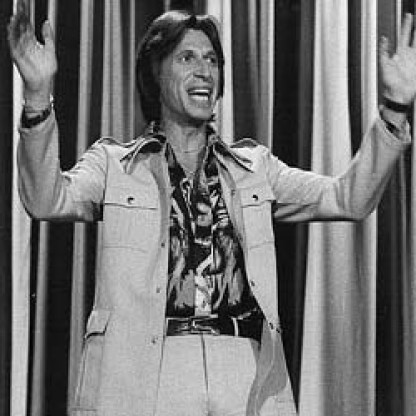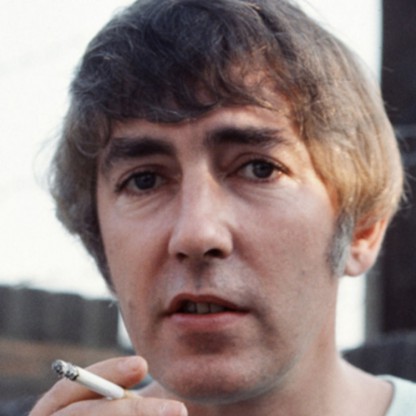In 2008, Alain de Botton founded The School of Life. Based in London, Paris, Amsterdam, Antwerp, Seoul, Istanbul, Tel Aviv, São Paulo, Berlin, Zurich and Melbourne, The School of Life offers an emotional education focusing in particular on the issues of Work and Relationships. In an interview with Metkere.com de Botton said:









